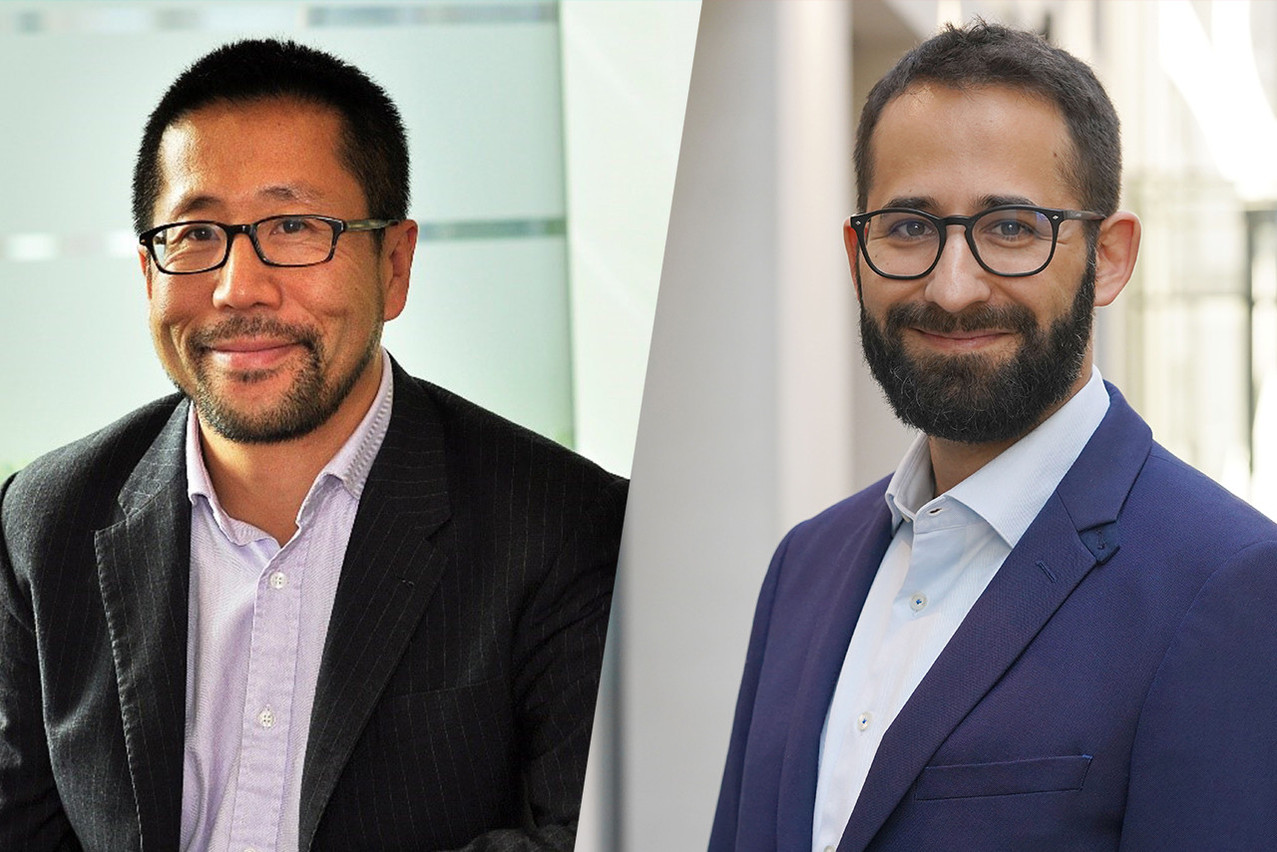The industry around technology, media and telecommunications (TMT) is in “dynamic development”, says Deloitte Luxembourg partner and TMT leader David Osville. “The catchphrase for 2023 is that consumers and businesses will have to do more with less as inflation, supply chain issues and other global events continue to cause economic uncertainty.”
But at least a few things seem clear for the firm, despite such uncertainties. For one, Deloitte predicts that there will be deeper investments in 5G standalone networks, which could provide some disruptive use cases.
“Luxembourg has always been pitching itself as an infrastructure place, where it’s easy to connect, whether it’s via fibre or phone, and our place between other countries has pushed us to try to be at the forefront in terms of today’s technologies,” Osville states. “You get 5G in more and more places, but it’s that application to companies, industries where we didn’t see the full use.”
Unlocking 5G benefits, however, can help lead to cost optimisation and operational efficiency. Among the reasons the industry hasn’t adopted 5G as a standard thus far, according to Deloitte, is because “deploying standalone networks involves simultaneous initiatives that require close coordination and integration across technology, operational and organisational domains.”
Climate focus
According to Deloitte’s global TMT predictions survey, 42% percent said that operations had been impacted by climate-related disasters or weather events (+18% from the earlier survey). And 13% of tech companies were more likely than non-tech companies to target net-zero by 2030, with 90% of such leaders believing that sustainability initiatives underway at their companies would help in the fight against climate change.
As Deloitte UK partner and head of global research, TMT, Paul Lee explains, renewable energy requires significant CapEx, so large tech companies are buying capacity or funding various types of it. Microsoft, for instance, recently its partnership with Qcells to develop solar power projects.
“Some companies, which are in manufacturing of devices, are migrating their supply chain to renewable energy, so they’re helping their smaller suppliers to find sources of renewable energy,” Lee adds. “There's a lot of innovation amongst tech companies in terms of finding more efficient ways to do that.”
AI, AVOD trends
AI design is pushing the boundaries in a variety of ways. This includes the semiconductor chip industry, where Deloitte anticipates annual spend on AI tools will grow 20% per annum over the next four years, surpassing $500m in 2026. And such chips “could be worth billions”.
AI can help not only improve chip quality, it could also help make old chips better and help the talent gap in the industry. As Lee puts it, “At the moment, I’m getting a lot of questions about generative AI, and often the question is: ‘is this going to take over my job?’”
Chips aside, there’s been plenty of recent talk about open AI (i.e., tools like ChatGPT) and its ability to draft essays or CVs, for example. Using the example of music, Lee says “AI won’t replace songwriters.” As he explains, if you want a machine to compete with a good musician, “AI comes nowhere near that.” Copyrights are also under the radar, with lawsuits underway in this domain. “There’s a lot still to work out in AI,” Lee adds.
Additionally, and on a more practical level, another interesting trend Deloitte anticipates is the increase of advertising video-on-demand services. “Consumer and industry economics are making the case for [these] services increasingly compelling,” the firm says.
With customers looking for discounts, Deloitte anticipates all major subscription services offering video-on-demand in developed markets will be adding a specific tier for AVOD, predicting that, by 2030, “most online video service subscriptions will be partially or wholly ad-funded, catching up with emerging markets where ad-funded video-on-demand has always been the norm.”
For more info about these 2023 TMT predictions and more, see the full Deloitte report .
